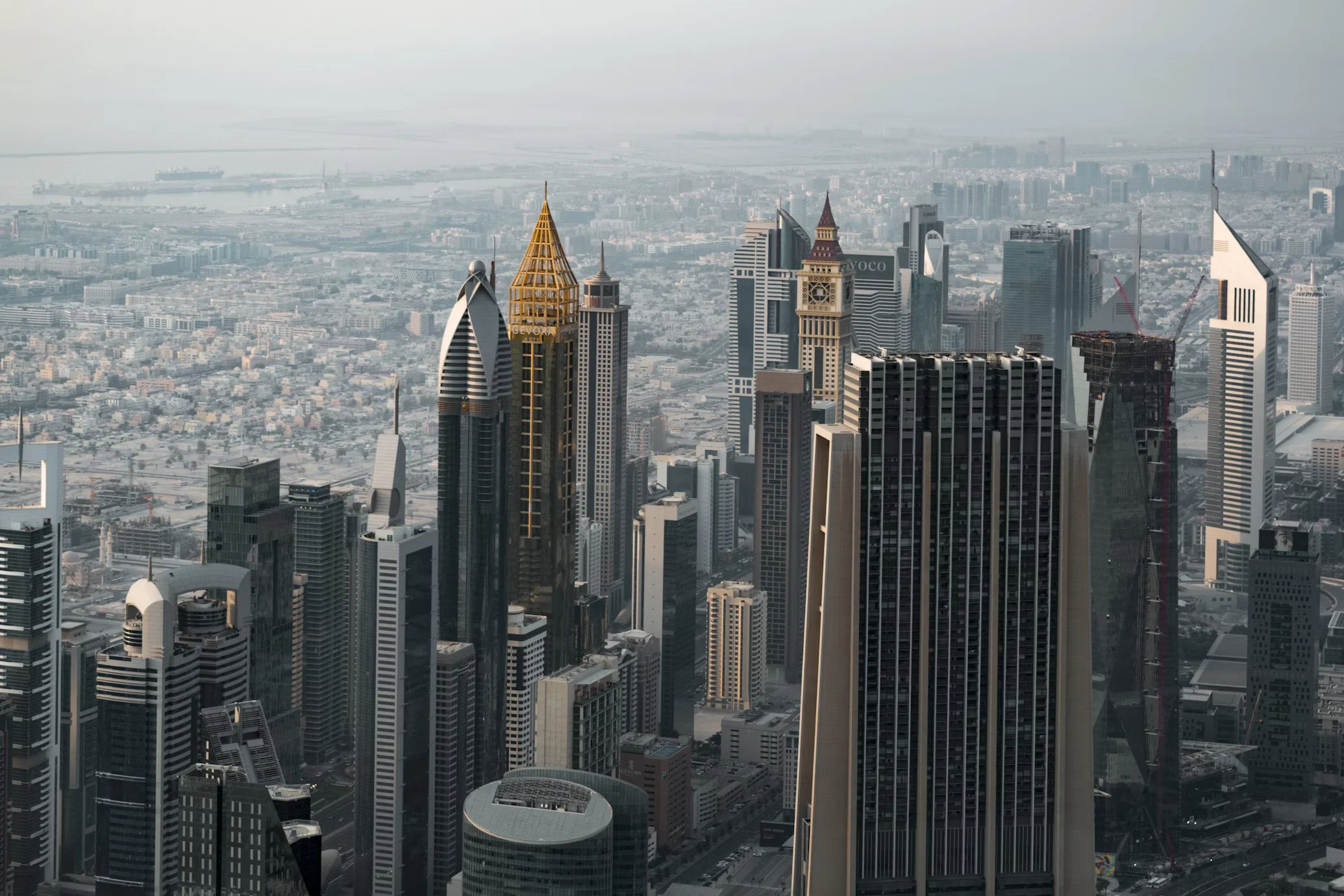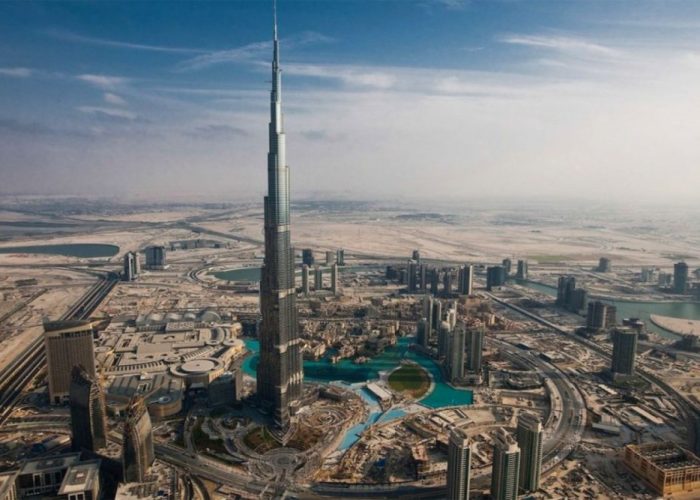It seems human nature to always feel there is a dark cloud looming in the distance. However, it’s important to look at the reality of the situation, adopt an unbiased approach, and be data-driven. Let’s look at the reality on the ground in Dubai and the various factors that could impact property investors going forward.
Excellent Governance Track Record
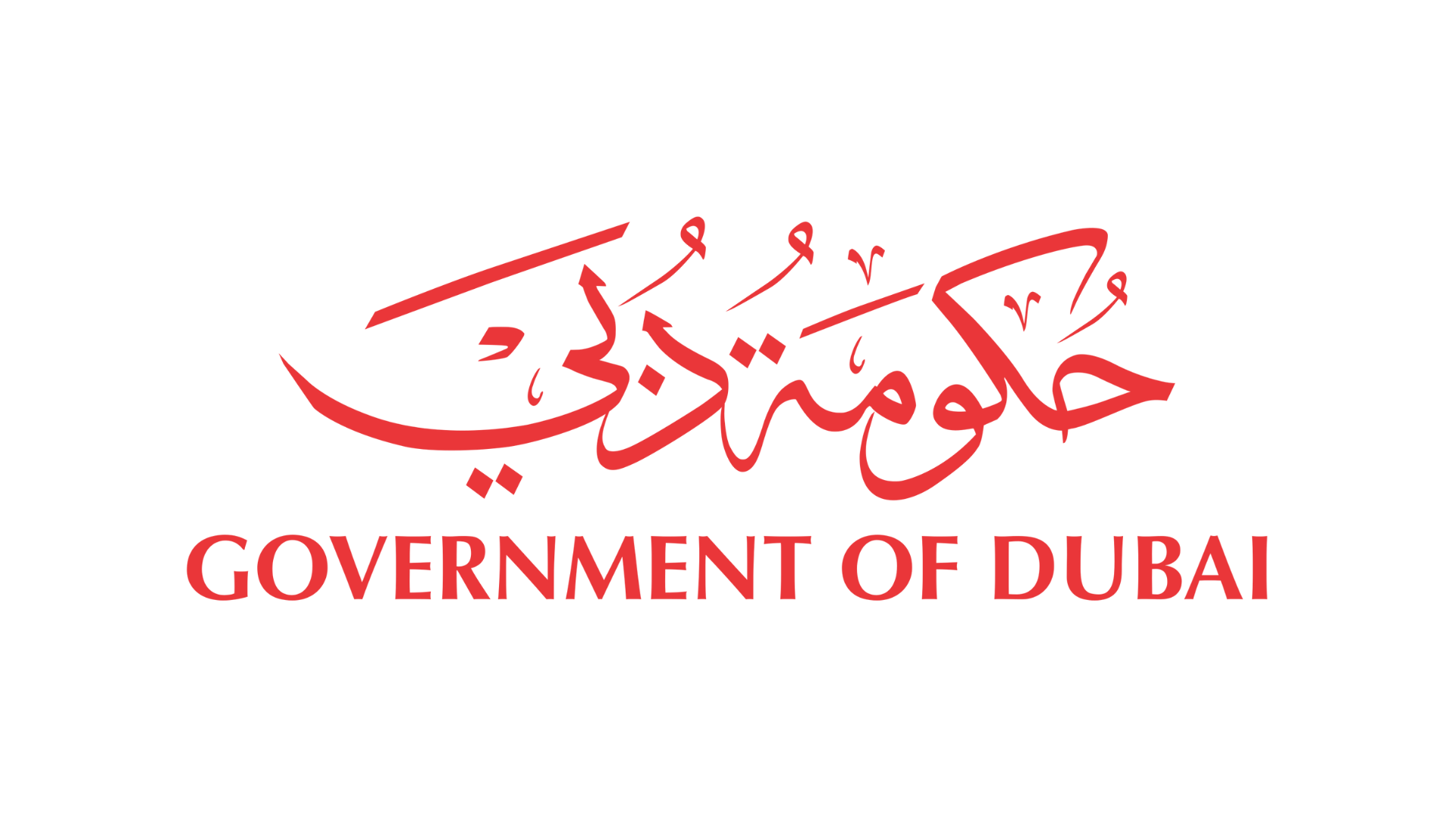
Dubai’s reputation for excellent governance is largely attributed to its visionary leadership and strategic initiatives that have transformed it into a global hub for business, tourism, and innovation. The city-state’s governance model, under the leadership of His Highness Sheikh Mohammed bin Rashid Al Maktoum, Vice President and Prime Minister of the UAE and Ruler of Dubai, has prioritized economic diversification, technological adoption, and infrastructure development. Here are some of the major accomplishments that highlight Dubai’s governance track record:
1. Economic Diversification: Dubai has successfully diversified its economy beyond oil, with sectors like tourism, aviation, real estate, and finance now driving growth. The establishment of free zones, such as Dubai Internet City, Dubai Media City, and the Dubai International Financial Centre (DIFC), has attracted foreign investment and global corporations, fostering an environment of entrepreneurship and innovation.
2. World-Class Infrastructure: Dubai boasts some of the world’s most impressive infrastructure projects, including the Burj Khalifa (the world’s tallest building), the Palm Jumeirah (the world’s largest man-made island), and the Dubai Metro. These projects not only symbolize Dubai’s ambitions but also enhance its attractiveness as a place to live, work, and visit.
3. Tourism and Hospitality: The city has established itself as a premier global destination, thanks to its luxurious resorts, bustling shopping districts, and entertainment options. Events like the Dubai Shopping Festival and attractions such as the Dubai Mall and the Burj Al Arab hotel have put Dubai on the map as a tourism powerhouse.
4. Innovation and Technology Adoption: Dubai’s government has been a pioneer in adopting technology to improve public services and governance. Initiatives such as the Dubai Smart City project aim to leverage technologies like IoT, AI, and blockchain to make Dubai the smartest and most efficient city globally. The Dubai Blockchain Strategy is an example of its commitment to becoming a leader in the future digital economy.
5. Sustainability and Green Initiatives: Recognizing the importance of sustainability, Dubai has launched several initiatives aimed at preserving the environment and promoting renewable energy. The Mohammed bin Rashid Al Maktoum Solar Park is among the largest renewable energy projects globally, reflecting Dubai’s commitment to sustainability.
6. Legal and Regulatory Frameworks: Dubai has established strong legal and regulatory frameworks to support business growth and protect investments. The DIFC Courts and the Dubai International Arbitration Centre provide an efficient, transparent, and independent legal system, enhancing Dubai’s appeal as a business hub.
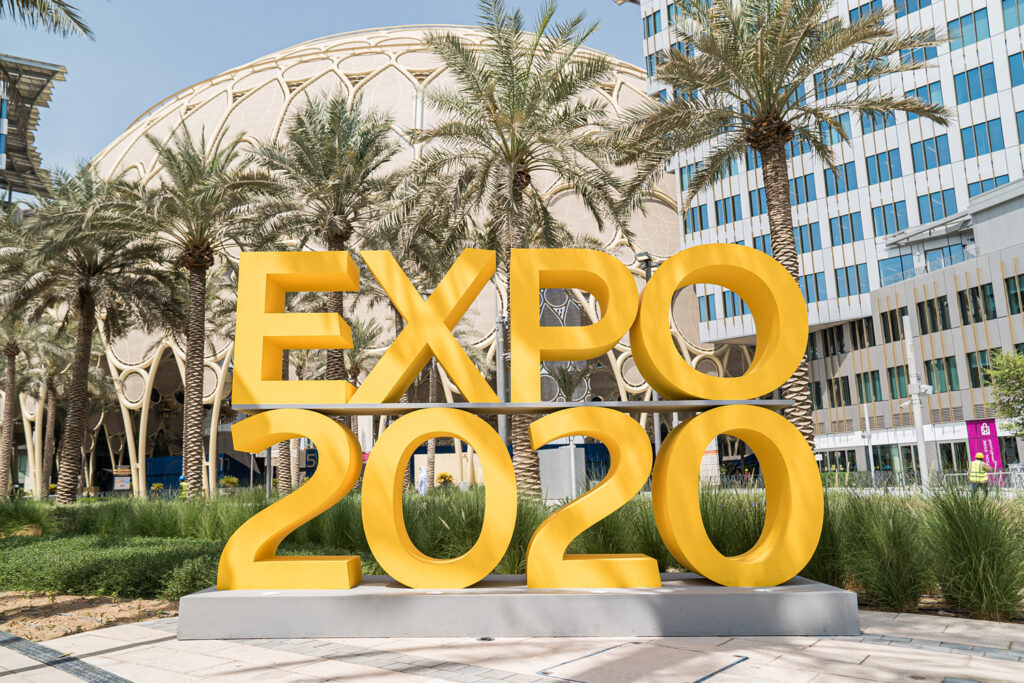
7. Expo 2020 Dubai: Hosting Expo 2020 was a landmark achievement for Dubai, showcasing its capability to host mega-events and further boosting its international profile. The event attracted millions of visitors and facilitated global dialogue on important themes such as sustainability, mobility, and opportunity.
8. COVID-19 Response: Dubai’s effective management of the COVID-19 pandemic, including rapid vaccination campaigns and safety protocols, allowed it to reopen to international tourists and business travelers ahead of many other global destinations. This response not only protected public health but also helped sustain economic activity.
These accomplishments are a testament to Dubai’s excellent governance, which continues to drive its evolution into a futuristic, resilient, and dynamic global city.
Valuations – Where Do We Stand Today?
From a valuation and price perspective, yes, we have come up from covid lows a reasonable amount; however, on Price per sq. ft level compared to equivalent properties in other international locations, we still offer great value for money, especially when you consider the amount of lifestyle features Dubai’s innovative and cutting edge developments have to offer.
The Knight Frank Wealth Report 2023 highlights Dubai’s cost advantage in real estate, where $1 million buys more square meters than in cities like London, Paris, New York, or Tokyo, suggesting potential for further price growth. Dubai also leads globally in sales of homes priced over $10 million and $25 million.
Population Growth
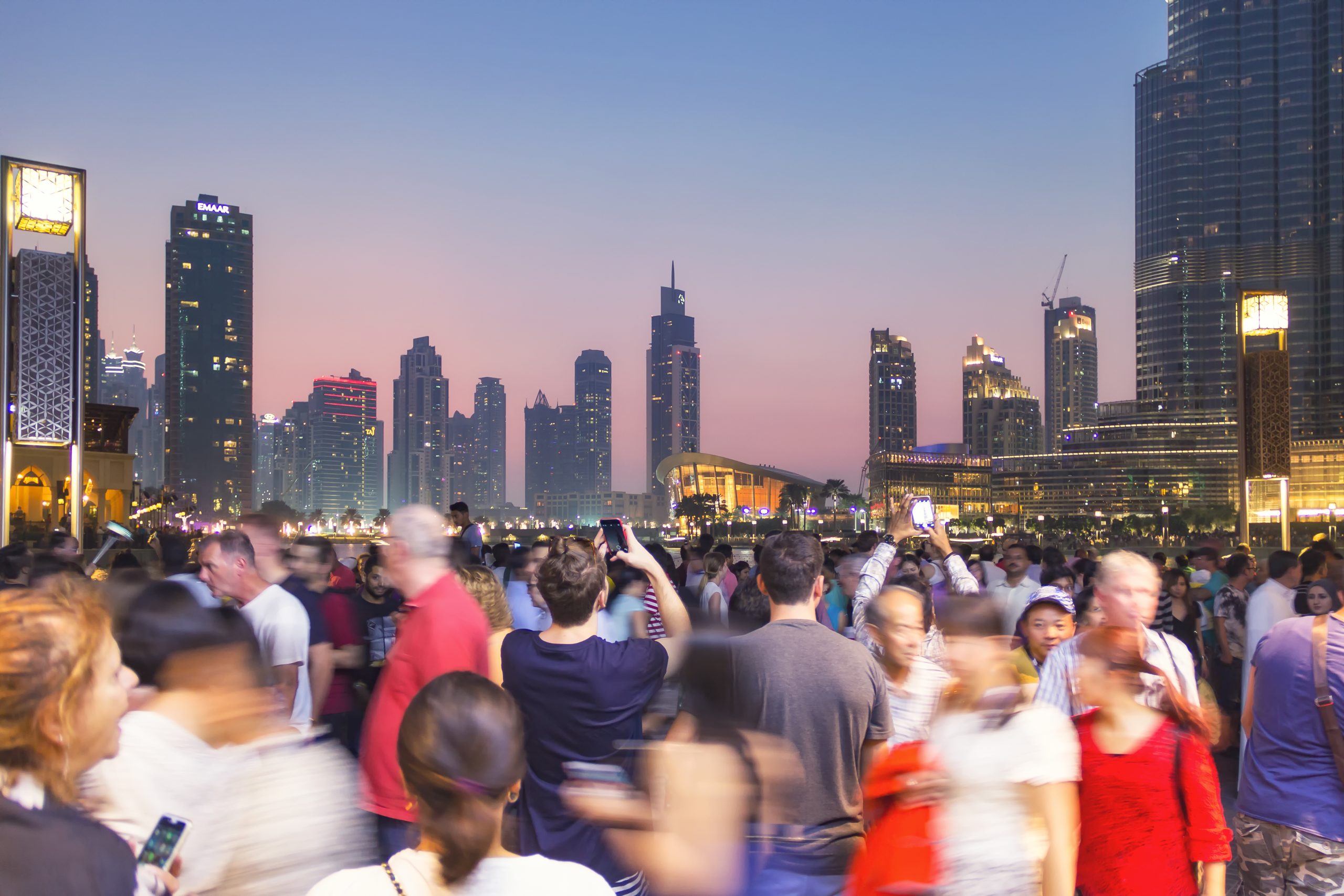
In recent years, the UAE’s economic growth has been primarily fueled by a significant population increase, driven by effective pandemic management, early reopening to international visitors, and the attraction of high-net-worth individuals seeking a better quality of life. The introduction of the UAE Golden Visa, revisions in personal laws, and favorable tax policies have further drawn skilled professionals and encouraged new business ventures. With population growth expected to continue, all indicators suggest a positive economic outlook for the coming decade.
Business Activity
The number of new companies registered in the UAE also recorded significant increases in 2023. Dubai registered 48,616 new companies in the first nine months of 2023, with a year-on-year growth of 42.9%. Based on available data, entities within the DIFC rose by 23% year-on-year in H1 2023 and in Abu Dhabi Global Markets (ADGM) by 35% year-on-year in the first three quarters.
Migration of Ultra-High-Net-Worth Individuals (UHNWI)
Between 2022 and 2023, the UAE emerged as a top destination for the world’s wealthiest, with over 5,200 millionaires moving there in 2022 and an estimated 4,500 in 2023. This influx has significantly increased private consumption and demand for luxury properties, contributing to the UAE’s economic expansion. The government’s commitment to ensuring high-quality living standards and security is expected to sustain this trend.
Tourism Resurgence
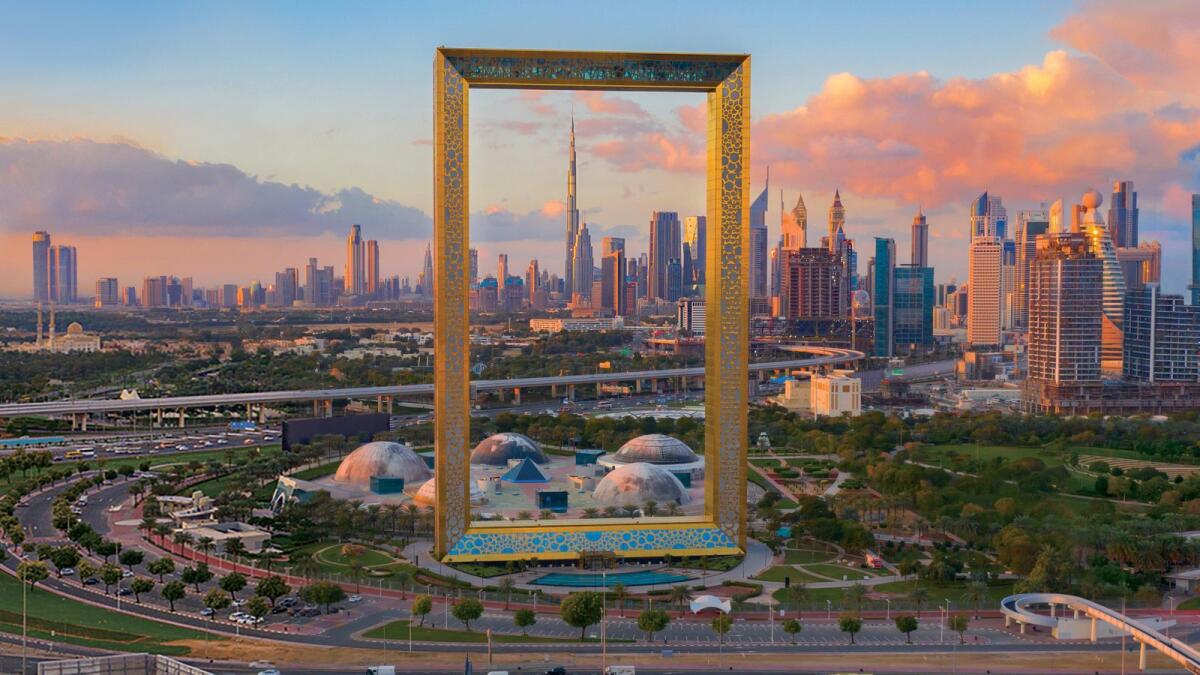
The UAE has experienced a robust recovery in tourism, with Dubai Airport’s international passenger traffic bouncing back to its 2018 peak and leading globally. Despite a decrease in visitors from GCC countries and China, hotel occupancy in Dubai surged to 76%, with room numbers and average daily rates increasing by 22% from 2019. Abu Dhabi witnessed similar growth. The UAE’s focus on diverse and unique tourist experiences has solidified its position as a global tourism leader, promising continued economic benefits from the sector.
Addressing Rising Interest Rates
Despite the rise from historic lows during the COVID era, Dubai’s real estate market remains robust, with the volume of mortgage deals increasing rather than decreasing. With 70-80% of the market transactions in cash, Dubai is well-protected against the potential impacts of further interest rate hikes. The UAE’s economy has shown remarkable resilience amidst rising interest rates, driven by population growth, a thriving tourism sector, a buoyant real estate market, a growing non-oil economy, and strong government finances.
In Conclusion
As governance challenges, high taxes, and safety concerns plague the West, Dubai’s appeal as a stable, safe haven for financial and intellectual capital is only strengthening. This trend, supported by long-lasting and sustainable investment drivers, is expected to persist in the medium to long term.
In essence, as the global landscape shifts, Dubai and its neighboring emirates, including Ras Al Khaimah and Abu Dhabi, benefit from a rising tide lifting all boats. The city’s allure is magnified by declining conditions in Western countries, prompting an increasing number of affluent individuals to choose Dubai as their new home, drawn by its superior lifestyle and safety standards.
